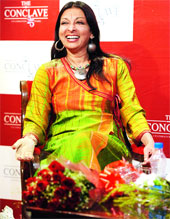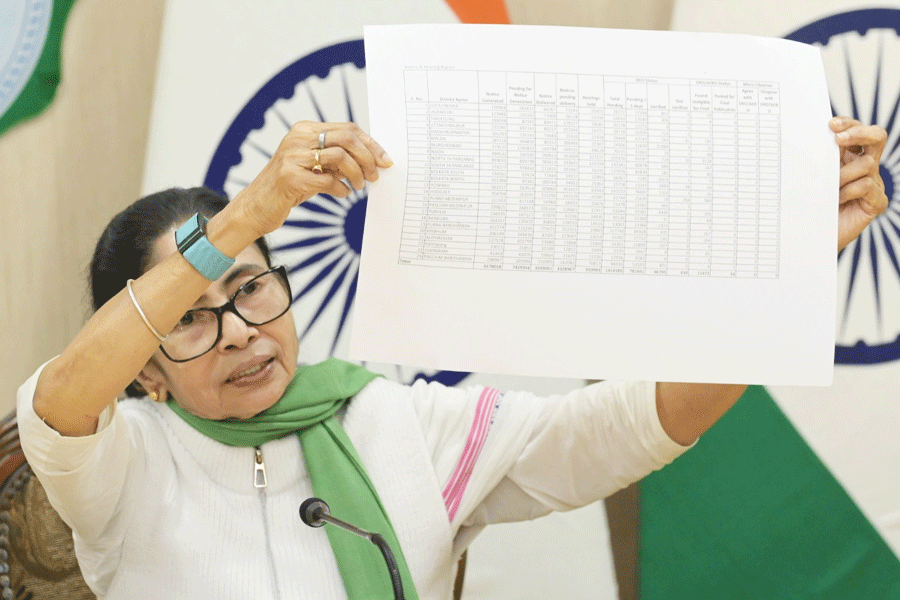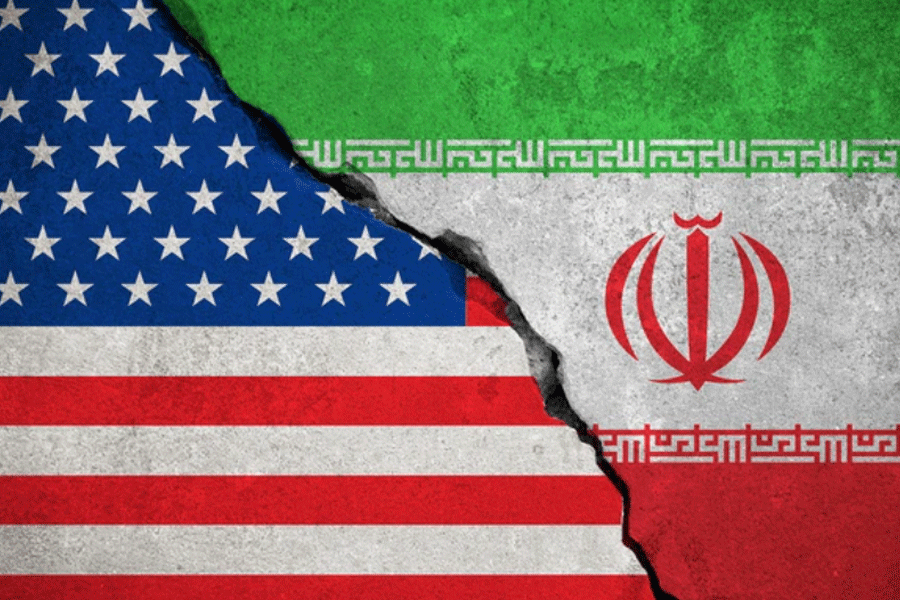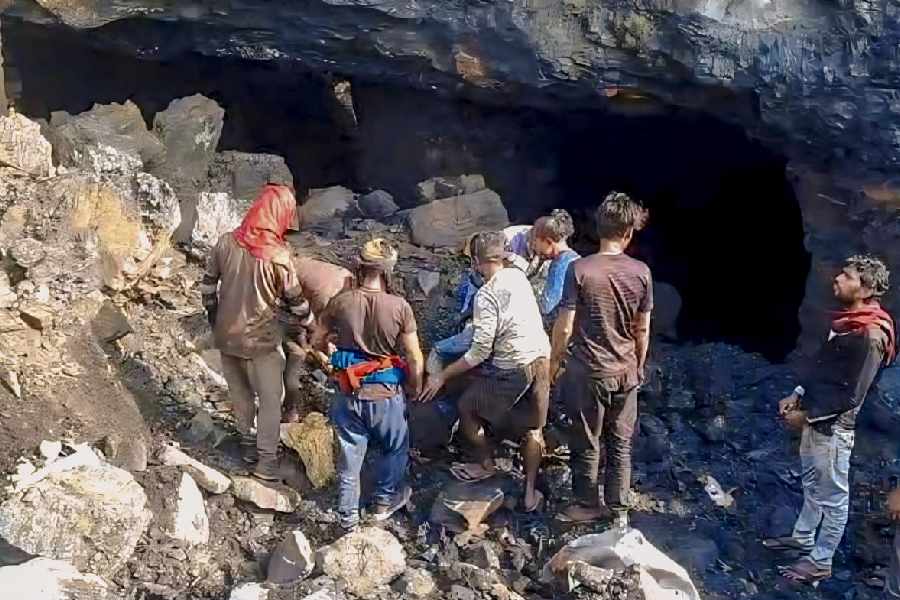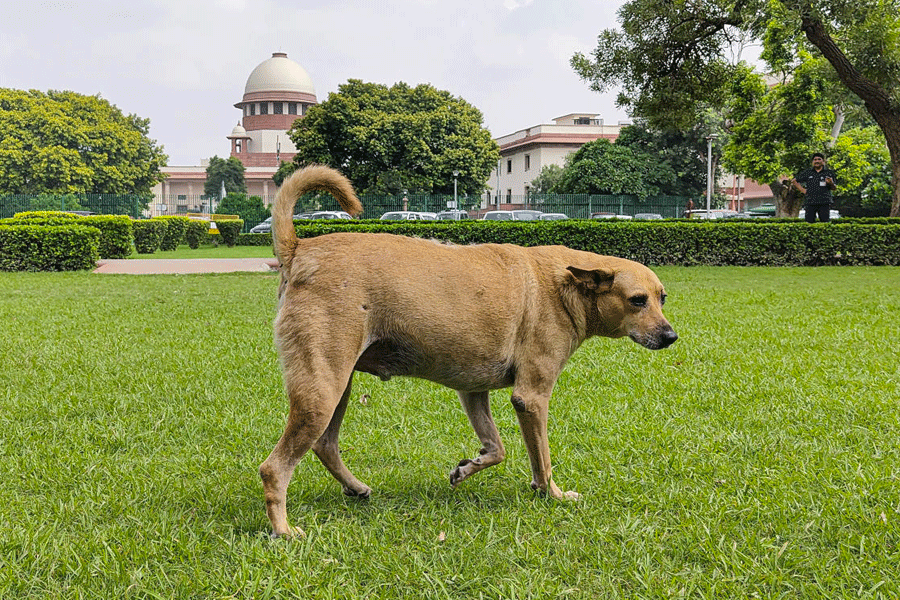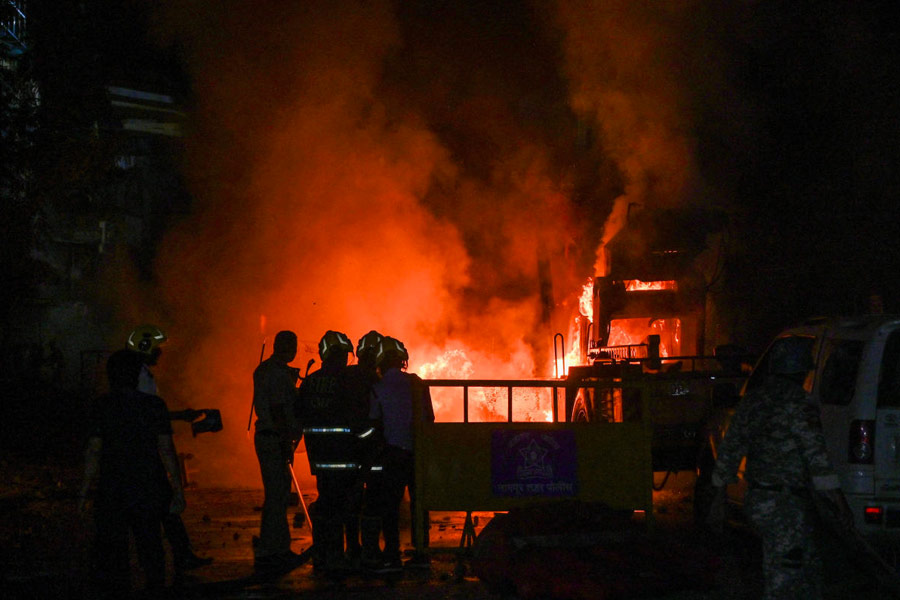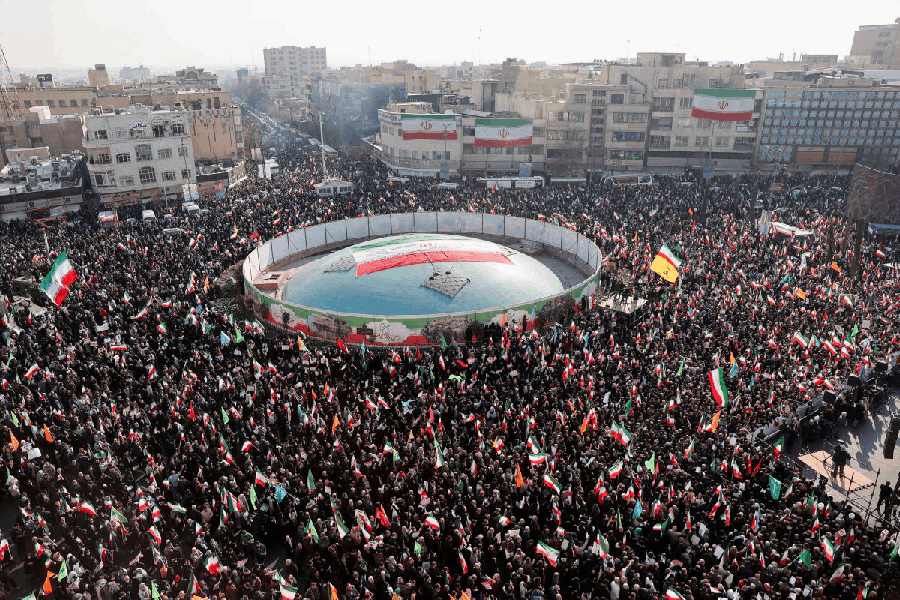 |
| Mallika Sarabhai at The Conclave on Thursday |
On being a communicator for social change and making a difference:
The fact that 30 years after I started doing all these things and started Darpana, you are interested enough to call me here shows it has had an effect, I guess (laughs)!
When I first started on my career as a dancer, I had three or four years as a successful Bharatanatyam and Kuchipudi soloist. Then I went away to work in Peter Brook’s The Mahabharata and there was a hiatus for five years. When I came back, I realised that I can’t be a dancer on one side and someone who is concerned with what is going on in the world on the other. The two would have to marry. And my whole experience of being Draupadi cemented that, because for me she has been a powerful feminine/feminist icon. Wherever we played, be it in Paris, US or Australia, I noticed how she got across to women. I had Aboriginal women from Australia, big fat mamas from Harlem, stylish Sorbonne graduates all come up to me and say it’s relevant. And I realised that if one role in one show can make women respond the way they are responding, then if I am not using the art to talk about what I want to, it is wasting a language. That is when I came back and did my first one-woman show, Shakti: The Power of Women.
First of all it took a lot of gall to revive a tradition of someone being a performer rather than a dancer, or a singer or an actor or a puppeteer. In Shakti, I broke these boundaries. There was dance, there was martial art and there were all sorts of things. I wanted to tell stories of women and I thought the story of Lakshmibai of Jhansi would be best done through martial arts, so for five months I learnt Kalaripayattu. Today I am invited more for my radical pieces, dealing with violence and women’s rights, though I keep doing Bharatanatyam and Kuchipudi alongside, because they are the source of my energy. If I don’t do either for a day I can’t survive. It is like breathing and it is the springboard for most of what I do. Even if I reject it, I am giving it credence because I start from there. It is my battery charger.
On dance running through her family:
I was always a reluctant dancer. Unlike my children, I started learning simply out of peer pressure. All the time that I was performing in colleges, functions, I said ‘This is so much hard work.’ I am a lazy person. The hours I saw my mother (Mrinalini) putting in even when she was sick, the hard work that goes into it, I realised that this was not a glamorous world at all. I thought I’d much rather act.
My daughter, Anahita, was a bit like that. People told her she was talented and all, but she never took dance seriously till much later, around 16 or 17 when the bug bit her. Revanta (son) was a completely different ball game. He came up to me at the age of five and asked if it was okay for him to dance. By the age of 10 he knew he would take it up as his profession. For her it is dancing, writing theatre. For him it is dancing, choreography and multimedia shows... I don’t know, I guess my genes must be very strong.
On performing in Peter Brook’s The Mahabharata:
When it was made, we came down to India. The cast had three blacks, including Krishna who was Moroccan, a wheatish Indian-complexioned man. I warned them that India today is not the one that they know… of valour and dignity. First day we were opening in Bombay and Bheem, a brilliant actor from Senegal, and Bhishma, a 7ft actor from the Gringo community, were sitting next to me and the head of the Maharashtra journalists’ association stood up and asked us why we were insulting Indians by making these people play Hindu gods. I, for the first time, felt like Sita... wanting to say, ‘Dharti ma vapas ley lo mujhe.’ I have never been as ashamed of being Indian as at that moment. At the last stop on our tour when we faced the same question, I could not take it anymore and pulled out a mirror and showed it to him [the person asking the question]. He was blacker than all the blacks in the cast!
I would not have had a problem if they asked us why non-Indians are acting. But not one Indian asked why we had a blue-eyed white playing Duryodhana. The problem is that we Indians are the most racist race in the world. We have been made to think that all Indians are wheat-complexioned, trying to get lighter by the minute. So we categorise all Northeasterns as ‘chinky-eyed’, we call Adivasis Negroid, when actually there is nothing typical about looking Indian.
About my notion of Draupadi, I think she is a very strong character. One of the strongest, who refused to be boxed in, like Sita or Savitri. Hence she does not have a single temple dedicated to her. In fact, one of my primary arguments with Peter (Brook) was that he would say — ‘Mallika don’t do it this way, you sound like a shrew’, and I would say ‘Peter in India, we don’t have shrews, we have Shaktis. You are a white male. If you don’t know what Shakti is, you should not have taken up the Mahabharata.’
 |
On her tryst with films:
I worked in French, Hindi, Gujarati and Malayalam movies! I love films, though I have a lousy relationship with them. I walked out, at the age of 17, from the Hindi film industry when a dance director directing Vinod Khanna and me in a song told me to ‘move my tits’. So I picked up a chair, broke it on his head and walked out.
But things have changed a lot today. The whole ethos is different, the process has changed, the kind of films being produced is much more interesting. So if some of the independent filmmakers were to offer me a role today, I would love to be a part of it. I have loved watching a lot of recent films that I would have loved to act in, like Mr and Mrs Iyer, 3 Idiots, Delhi Belly. They are gritty, innovative and fun films. Well thought of, well-made, dealt with topics that are real. That is the kind of cinema that is interesting.
On relationships:
It is interesting because Bipin (Shah) and I have been separated for 22 years and we are still on good terms. We run a publishing company together. What we do is co-parent! We split when I was pregnant with my daughter. The house that we were staying in was mine, so he moved out. We had an understanding that the mother would be needed more. He was always there when needed, if the kids got into trouble or anything, but it was understood that since I was the one taking care of them, their financial needs, their emotional needs, I was the one actually responsible and in case of a disagreement, my decision would prevail.
There were hard times... my son was five-and-a-half years old. I went out of my way to make sure he did not blame his father for the separation. If he cried and wanted to see his father at 1 in the morning, I took him there and then brought him back. So it was very painful but we were both mature enough to know that we shared great many things together and that if marriage was the only thing not working, then we should separate that, not the rest. We made sure bitterness or pettiness did not come into it.
But if you ask me about remarrying I will say, ‘Are you crazy?’ It is the most dated social system in the world. Both Bipin and I have had relationships, but neither of us have wanted to make that mistake again. I guess it is okay to do it once, if you can get out of it!
On being a rebel:
I was always rebellious. In college, I wore short skirts and when my professor in economics told me how would I get a first class if I wore short skirts, I asked him whether he checked my papers or my legs. I was thrown out in three weeks! Then I lived-in for a while. Though most people in IIM (Ahmedabad) did not have a problem, my mother was very upset! I told her it was valid because marriages break up over silly things like he does not brush his teeth. So it’s much better I check out whether it works, rather than go through a divorce. Five years later, I heard my mother asking one of her young students, ‘Why are you marrying right away? Why not try a live-in relationship for a while?’!
Rebelliousness is now about standing up for what I believe in, in my state [Gujarat]. And there have been repercussions. Darpana has not received a single rupee of government or corporate funding in the last 10 years, not a single IAS officer is allowed to take my calls, we have regular raids from the charity commission, I have false cases filed against me... even three days back, Bank of India told a nephew of mine that he couldn’t be given a loan because he was related to me. I have told my family to deny they have any connection with me, but I will not stop fighting against what is wrong.
On women’s empowerment:
Through generations of conditioning, women have been programmed to need the approval of men. You could be the CEO of a company, but you would still need that pat on the back from the father or the husband. I want that to change.... I broke off an engagement at 22 with a man I loved a lot because halfway through the engagement he told me, ‘Darling, I will build a stage for you. You can dance in front of family and friends’. I told him, ‘Darling, you are good with numbers, you are an entrepreneur, you can do the household accounts’.
so, I think there are more men who come to me after my shows and say, ‘Please tell our women that we don’t always have to be right, we don’t always have the answers, they can’t blindly depend on us for everything’. So the difference is one of perception, the men are as burdened.
Zakir Hussain once said to me, ‘You know Mallika, I come from a tabla players’ family. But even now when I go to Lucknow, my buas say, bahut tabla baja liya, ab settle down kab hoga?’ So, in our country, a famous maestro is still told to stop fooling around and settle into ‘serious career’ as bankers, doctors or engineers. We get into assembly-line grooves before we are born. So if I am speaking about women empowerment, I am doing so only because women will find it easier to change. At least they can admit they have a problem, men can’t even get around to realising that! If the women change the men will automatically change!
so, language programmes our thoughts. We have to stop using gendered language. It affects men and women’s notions. What is eve-teasing? Molestation of a woman is not eve-teasing. We are not Eves, we don’t want to be Eves! This conditioning has to be changed, because what we tell our children will change society.
On Sita:
While doing Sita’s Daughters I wanted to tackle the fact that Hinduism is the only major religion where the first being was half-male and half-female, which we now know as being genetically correct. It used to be a liberal philosophy but then it became a patriarchal system. We have reduced most of our amazing women to black and white cut-outs, where every Hindu girl is told ‘beta Savitri jaise banna’. We are being told to be such devoted wives that we don’t want to live when our husbands die. But that is not what Savitri said. See how words get manipulated. What Savitri said was ‘I refuse to let my husband die!’ See how clever the change is and how many women have died for this! I like Draupadi because she escaped this trap. She was too wonky to be put into a straitjacket. Which is why I chose Sita and made her ask Ram questions. She says she is glad he has let her go. She says she does not want a husband who trusts a dhobi’s word over his wife’s. And all the while, there was the VHP outside threatening to burn down the theatre!
On Tagore:
I have always been interested in Tagore but have not heard of Tagore, as a character, being played out on stage. It is also funny that even Bengal has fragmented Tagore. The painters go for his art, the singers for the songs, dancers for his dance dramas and the litterateurs for his poetry. Yet there was this amazing, astonishing human being who was doing all of this at the same time. Surely the people he met came out in his writing, surely when he lost someone he loved, it came out in Mayar Khela or Shyama. Why aren’t these connections being made? That’s what interested me.
We Indians have a way of white-washing our heroes for fear of them falling from grace. So if anything is said on the love life of Tagore, people will be at your throat. But how could someone who loved so much not have loved some women? And why does loving a woman make him less of a visionary? A film about his relationship with Kadambari is lying banned in Bengal…. Why? What are we afraid of? On the contrary, the fact that he loved, was lonely, probably gave rise to the kind of work he produced.
Tagore is lost to the country, he has been reduced to a chapter in a textbook and it is a pity. Tagore must be read by every young Indian because what he had predicted 125 years ago is true today. His views on education, caste are so modern. His views on women empowerment, about women breaking out, which we have used in Street of Voices talks about the fact that behind every closed door, there is a woman willing to speak out.
I wanted to know Tagore the man because as he said after receiving his Nobel, ‘I am like a country in which a mine has been discovered and all the forests have been cut down’, because he realised that people had made him into an icon and the person has disappeared.

